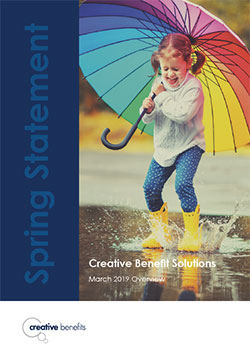When we write these reports on the chancellor’s Budget speeches – and, more latterly, his Spring Statements – we always try and put them in the relevant political and economic context.
This year it is impossible not to put the Spring Statement in a political context. On Monday night, the Prime Minister flew to Strasbourg and yet another meeting with Jean-Claude Juncker. She claimed to have secured a ‘legally binding’ agreement on the Northern Ireland backstop, but by Tuesday lunchtime, Attorney General Geoffrey Cox was delivering his opinion that ‘nothing had changed.’ With the ‘Star Chamber’ of Brexit lawyers advising MPs not to vote for May’s deal, it seemed impossible that it could get through the Commons, and that duly proved to be the case, as Theresa May lost her second ‘meaningful vote’, this time by 391 votes to 242.
As we write this introduction on the morning of Wednesday March 13th, the Prime Minister has promised the Commons a free vote this evening on taking ‘no deal’ (effectively leaving the European Union on March 29th and defaulting to World Trade Organisation rules) off the table. This seems likely to be approved by the Commons, who will then presumably pass a further motion asking for an extension to Article 50.
Whether the motion to remove ‘no deal’ has any force in law and whether the EU will agree to an extension of Article 50 are both subjects that are yet to be endlessly debated. It may be that by the time you read this, the situation will have changed again – but the practicalities of getting a report on the Spring Statement to clients quickly means that we had to settle on a cut off point. As we all know by now, with Brexit there is barely a day that goes by without the situation veering one way or another, but the Spring Statement waits for no man or woman.


